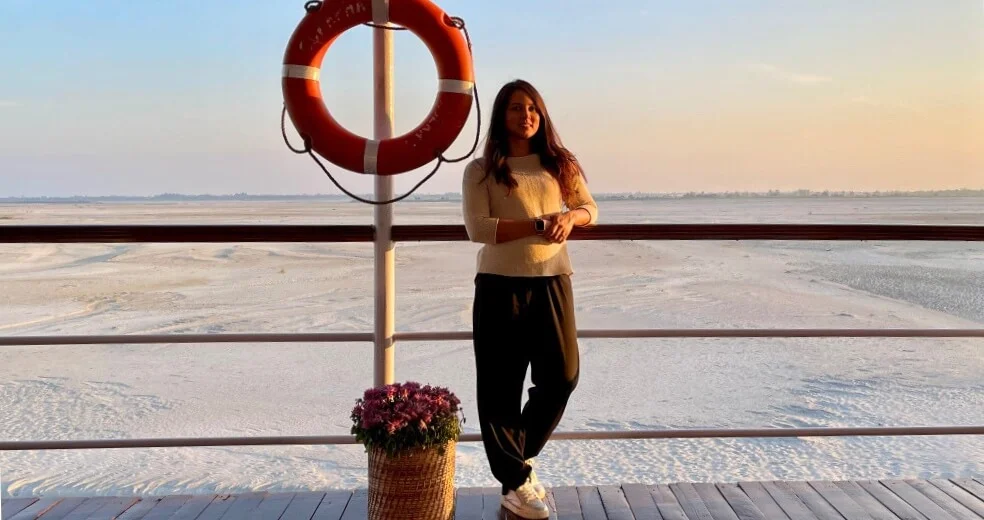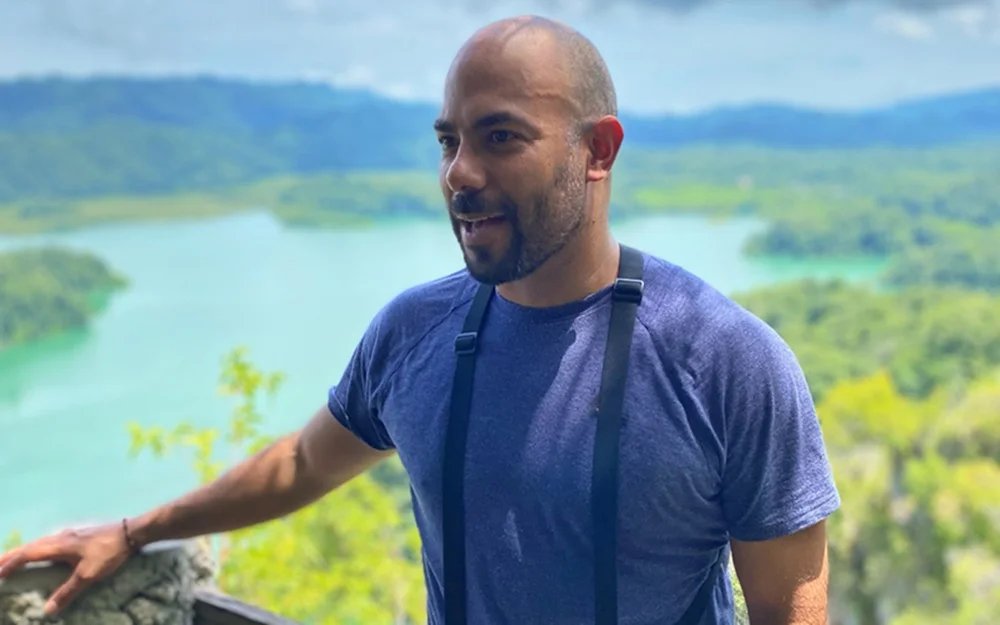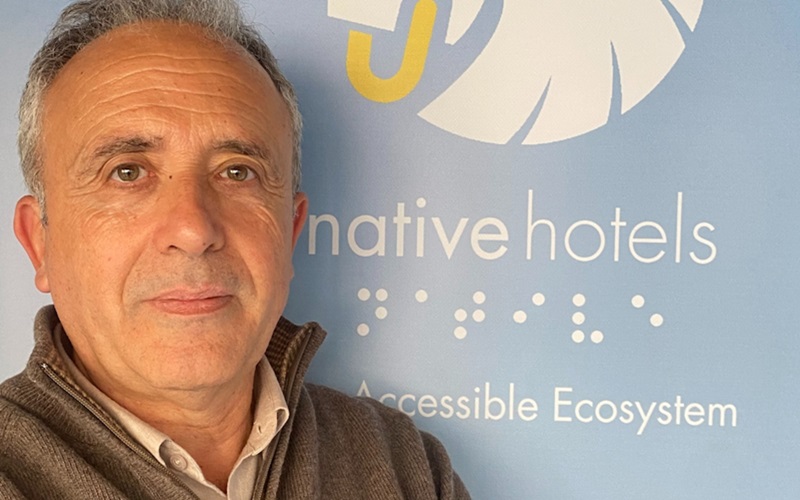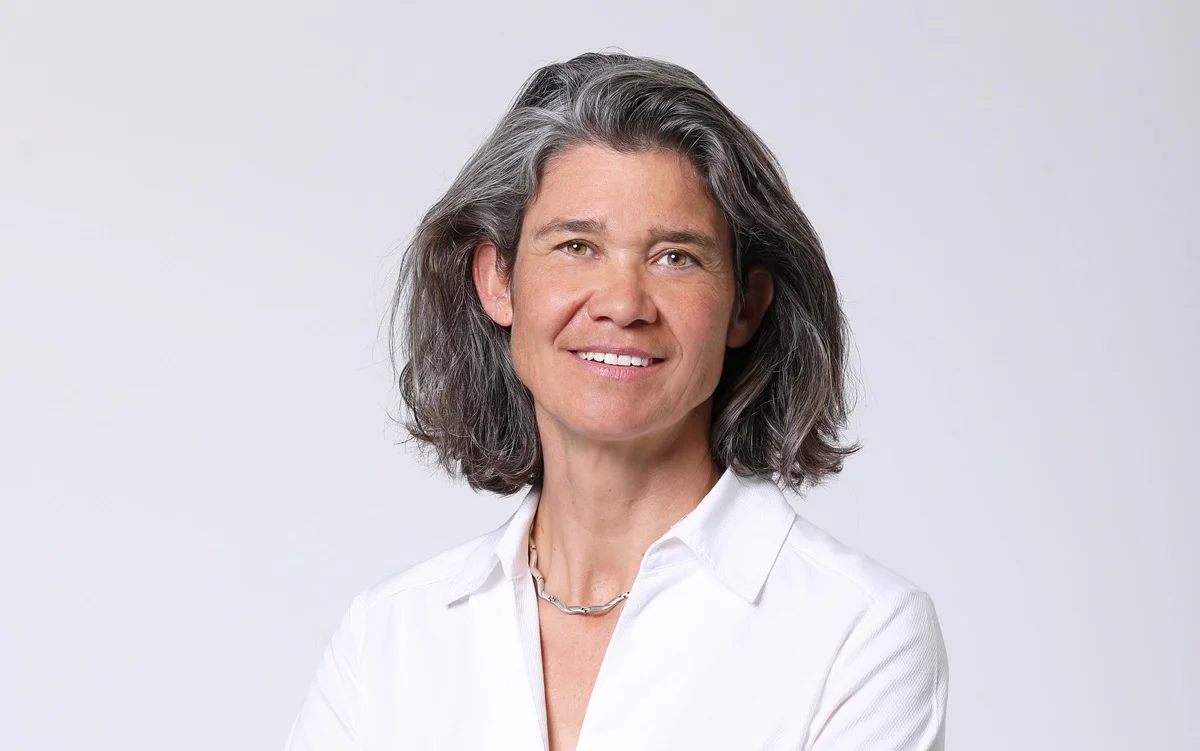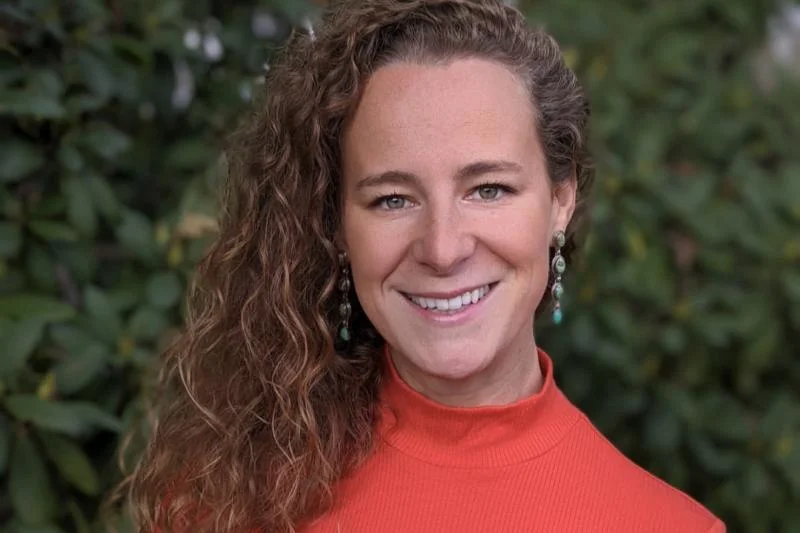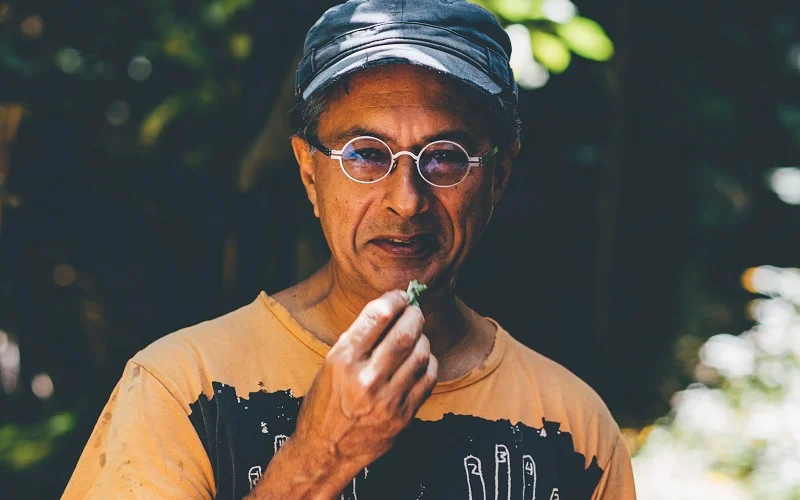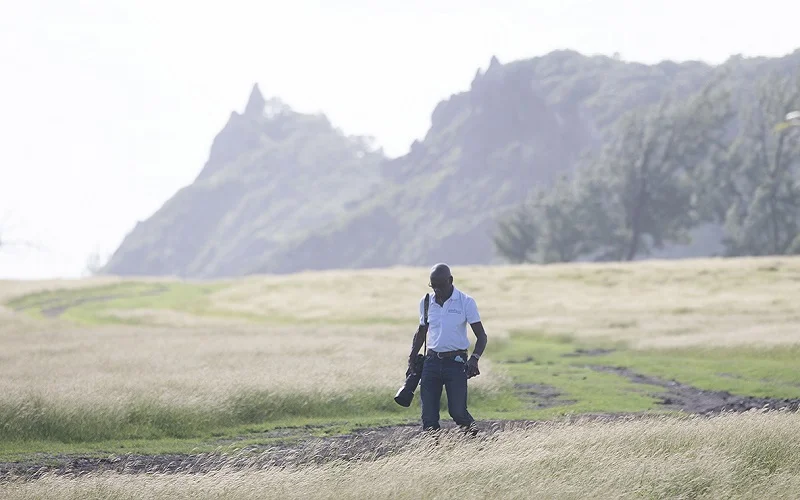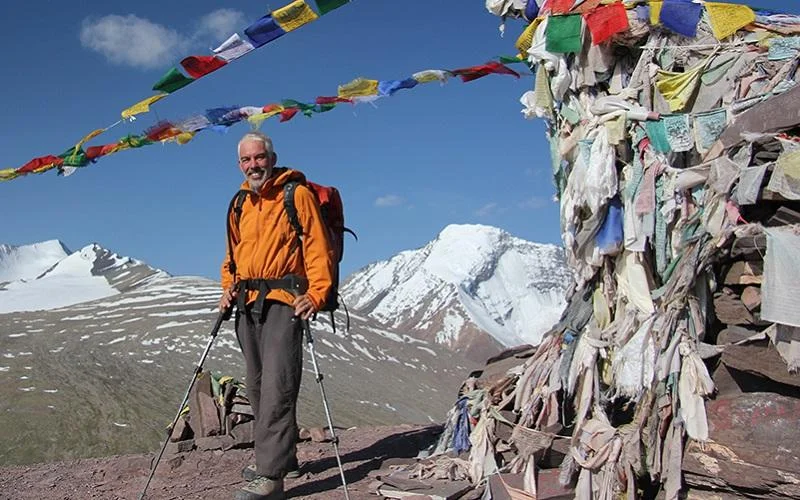
Unhindered human activity is deteriorating the health of our oceans. It is the need of the hour to prevent further degradation and to restore the quality of our oceans, for instance by mitigating the negative effects caused by the tourism industry on the marine environment.
Ally (Aleksandra) Dragozet, Founder and CEO of Sea Going Green, fuelled by her passion for marine biology, leads the conversation in responsible tourism and marine conservation. At Sea Going Green, she helps tourism businesses capture economic, social, and environmental benefits through sustainable practices.
In this interview, Ally discusses the setbacks caused by the COVID-19 pandemic in terms of plastic pollution and the continuation of unsustainable travel practices. She illustrates how we can reduce our dependency on plastic and shares ideas on how the cruise industry can reverse its image from polluters to becoming a solution leader.
Ally, you advise businesses and destinations on sustainable marine tourism. Why do you care so much about the topic – who or what first got you interested?
I can honestly say that I have always felt a strong connection to the marine environment since I was a child. Even though I grew up in Toronto, Canada, being half Croatian meant that I was able to spend my summers with family in a tiny beach town. Interacting with marine life and beautiful coastal landscapes at such a young age inspired me to study to become a marine biologist. At the same time, as tourism in Croatia grew over the years, I saw changes happening to the state of the environment and the direct social impacts of overtourism. It was at this point that I realised that I also wanted to find a way to use my interest in marine biology to make the tourism industry more sustainable, inclusive, and resilient.
I also had many other personal ties to the tourism industry as my parents had careers in the airline industry, so travelling really became second nature to me. I was also able to gain hands-on experience in the tourism industry throughout my studies, which I’ve been able to apply since starting Sea Going Green.
This leads to my story of how I founded Sea Going Green. Following my studies at the University of Amsterdam, I realized that I wanted to offer something different from just consulting services and/or ecotours. I really wanted to help create a formative change in the tourism industry as a whole.
Having traveled to many parts of the world and seeing plastic pollution in what would otherwise be beautiful blue waters definitely was a wakeup call for action. Then the idea just clicked for me that I could create a company to combine both of my interests and passions – tourism, and the marine environment, hence Sea Going Green was born.
With the current pandemic on everyone’s mind – how is it impacting tourism sustainability – and marine tourism in particular?
The current pandemic, which has now touched almost every sector, is impacting tourism’s sustainability prospects in a huge way.
While there was a huge push for pivoting tourism towards more sustainable practices pre-pandemic from a business and accountability perspective, now environmental or social sustainability is no longer the industry’s biggest priority, as everyone is trying to stay afloat and ensuring their economic survival.
You can see it simply in the newfound plastic pollution issues that have been born out of COVID-19 times. Plastic pollution is, unfortunately, increasing due to consumers and businesses adhering to safety restrictions and precautions, which has led to the rise in the use of single-use items such as masks and gloves.
Tourism companies are trying to reopen in a safe way, but this also, unfortunately, means using more disposable materials such as single-use plastics to meet customers’ safety expectations. According to studies, COVID-19 survives on plastic for 3-7 days (Doremalen et al., 2020) which is longer than, for example, on glass surfaces which is 2-5 days (Carraturo et al., 2020).
The increase in tourism operators using single-use plastics means that in many cases marine tourism destinations are seeing more litter on beaches from disposable masks and other items being left behind. Especially in the U.S. and beyond, many plastic bags are being retracted in light of the virus.
Unfortunately, I have to say that the tourism industry seems to have taken a few steps back in terms of sustainability. On a brighter side, a big takeaway from the pandemic is that without overtourism and unsustainable practices, nature has come back to areas that are no longer under pressure and in terms of pollution, water and air quality are improving. This should be a big sign showing the industry how important sustainability will be as we move forward, COVID having provided somewhat of a blank slate for how tourism can be managed in a sustainable way.
With the climate crisis already lurking around the corner, which topics would you consider the most urgent for us to pay attention to, regarding its potential impact on the health of our oceans?
I do believe the climate crisis is one of the major things we need to focus on in terms of the largest scale of negative impacts putting pressure on our oceans. Biodiversity will become increasingly fragile in the face of global warming, which will have huge consequences on the entire ecosystem and food chains.
This can of course only be slowed and stopped by formative changes by national governments and more accountability for huge CO2 emitters like airlines, the fast fashion industry, among many others.
Another issue that I also think is in urgent need of tackling is the enforcement of marine protected areas and facilitating the proper management of the oceans.
Enforcing marine protected areas will make or break the way oceans are managed. If done well, issues like overfishing and biodiversity damage can be effectively combated.
Also, putting in place measures to build capacity for tourism destination management is incredibly important, because if business continues as usual and destinations continue to be mismanaged as we saw in Maya Bay (Thailand) and Boracay (The Philippines), the health of our oceans will be more at risk – resulting in bigger and more long-term consequences.
Congratulations for having been featured as one of the Forbes 30 Under 30 Social Entrepreneurs, for your work to make the tourism industry more sustainable! How has this recognition impacted you and your work?
Thank you! I am really proud to be represented in the category of a social entrepreneur since making an impact is really what my work is about.
The recognition that I have received since has been great for my personal brand and our work at Sea Going Green; a lot of business prospects and speaking engagements have opened up since. Being a part of the Forbes network has also been an amazing way to be able to connect with other entrepreneurs and to share and learn from their experiences as well. Also, personally, it was always an achievement I hoped to reach.
Which projects or initiatives aimed at making marine tourism more sustainable are you currently involved in?
Due to the pandemic, some of our projects that were in the pipeline had to be put on hold, but we, as a result, have been able to get involved with creating a very inspiring grassroots movement workshop series along with WWF-NL on the island of Bonaire. The goal of this series is to stimulate sustainable development among the local community, by helping them form their own initiative while promoting sustainable marine tourism initiatives in Bonaire.
We are also involved in a cross-industry project which is focused on creating a ‘smart assessment sustainable tourism destination tool’ for destination management, which we hope to test with marine tourism companies as soon as possible.
The cruise industry being one of the most polluting travel activities – how can it be more environmentally sustainable and become part of the solution, rather than adding to our environmental problems?
The cruise industry is definitely one of the biggest polluters in the travel sector, but it also is one of the fastest-growing tourism products. This means that it also has the possibility to become a great example of how a tourism activity can adapt towards incorporating more environmentally sustainable practices.
We need a sustainability pioneer and champion within the cruise industry to show how environmental sustainability can ensure a more long-term profitable business that will appeal to future generations while protecting the marine environment that the industry depends on. The solutions are already out there for the cruise industry, they just need to be adopted by the cruise operators.
Do you see progress made in global efforts to reduce the littering of our oceans?
Absolutely. I think there are amazing global efforts to reduce the littering of our oceans, especially in terms of awareness and research on where the largest leakages are. Yet, I do believe that the majority of progress is happening at the grassroots level. Grassroots organisations really seem to be taking the lead in doing groundwork by engaging the local community and relevant stakeholders to reduce littering in the oceans – from cleanups to promoting reusable items.
In your experience, which regions or destinations around the world are the most innovative or pro-active in how they support a healthy ocean and marine life?
In my experience, I don’t think any one region or destination is perfect, but of course, there are some that are more ahead of others in terms of destination management. With that said, even for those that aren’t quite there yet, I believe that many are moving in the right direction.
I would like to point to Hawaii as a great example of being the first U.S. state to ban coral reef harming sunscreens, as well as putting a plastic bag ban in place.
Costa Rica is also a great example that we use frequently as a case study. The country plans on banning all single-use plastics and becoming carbon neutral by 2021. This is on top of banning all captivity and activities with marine mammals and protecting its Savegre River by making it a UNESCO Biosphere Reserve, not to mention designating 25% of the territory as protected by the National System of Conservation Areas.
We’ve heard from other interviewees that social entrepreneurship has helped to stop or reduce illegal wildlife trade. Do you know examples where this has been achieved, in a marine environment?
What first comes to mind as an example is the shark fin trade, which has now been banned in many countries as a result of grassroots pressure put on governments to take action in the form of petitioning and later, policy-making.
Illegal marine life trade has been reduced and stopped in certain areas thanks to social entrepreneurship. There are many non-profit organizations and nation-wide campaigns that have encouraged locals, expats, and tourists, as individuals, to report if they see illegal trading taking place at markets, which has helped close up shop for some traffickers. These efforts, along with government crackdowns, have definitely helped put a stop to these practices around the world, though there is still a lot of work to do.
Another important, yet linked, topic that has been tackled by social entrepreneurship is targeting marine mammal captivity, including using them for shows and other tourist activities. I believe many enterprises have started a really powerful movement and have had some great success with it, especially in collaboration with booking companies like TripAdvisor, which now no longer sells tickets to marine life entertainment shows.
Tourists are also becoming more educated about their impact on local marine life. For example, if your hotel is on a beach that is a turtle nesting area, it will either be shut down to the public (like in Costa Rica) or you will be asked to close your blinds in your hotel room to not disturb hatching turtles (Florida). Communicating with guests about their impact on wildlife can make a huge difference and set new norms for interactions, which is better for species and more sustainable for the industry itself.
Reflecting on the many projects you have been involved with so far, which parts of advocating for sustainability do you find the most challenging?
I think the part that I find the most challenging is advocating for the long-term commitment and planning that sustainable development needs. This comes from knowing that the tourism industry is very ‘short-term minded’ so if you start advocating for long term sustainability commitments, they don’t see the immediate benefits from it and it makes the case for sustainability a harder sell.
Your three bits of advice to social entrepreneurs keen to contribute to the sustainable development goals, especially those linked to marine tourism?
If I had to give three bits of advice to social entrepreneurs to contribute to the SDG goals linked to marine tourism, I would urge them to:
- Really take the time to understand the impacts of tourism on the marine environment from both the private and public sector perspective.
- Pick which aspects of marine sustainability (economic, community, environment) you want to focus on early because the world of marine sustainability is vast.
- Make a great network for yourself – there is no need to reinvent the wheel, instead focus on making great partnerships to increase your impact. The more people you have on board, the bigger your chances of success will be.
Anything else you’d like to mention?
My team and I spent a lot of time during the beginning of the quarantine researching how we could support the tourism industry to open up again in a safe and profitable way, while still keeping sustainability at the core of operations. As a result, we were able to launch our custom online guide, which is full of tips and strategies for businesses trying to get back on track.
If anyone has any questions about the guide or our services, please do reach out! We can only build back better if we work together.
Thank you, Ally.
Connect with Ally Dragozet on LinkedIn or follow SeaGoingGreen on Twitter, Instagram, Facebook, or LinkedIn.
Enjoyed our interview with Ally Dragozet on social entrepreneurship and how sustainable tourism practices can support marine conservation by reducing plastic pollution and climate change impact? Thanks for sharing!

